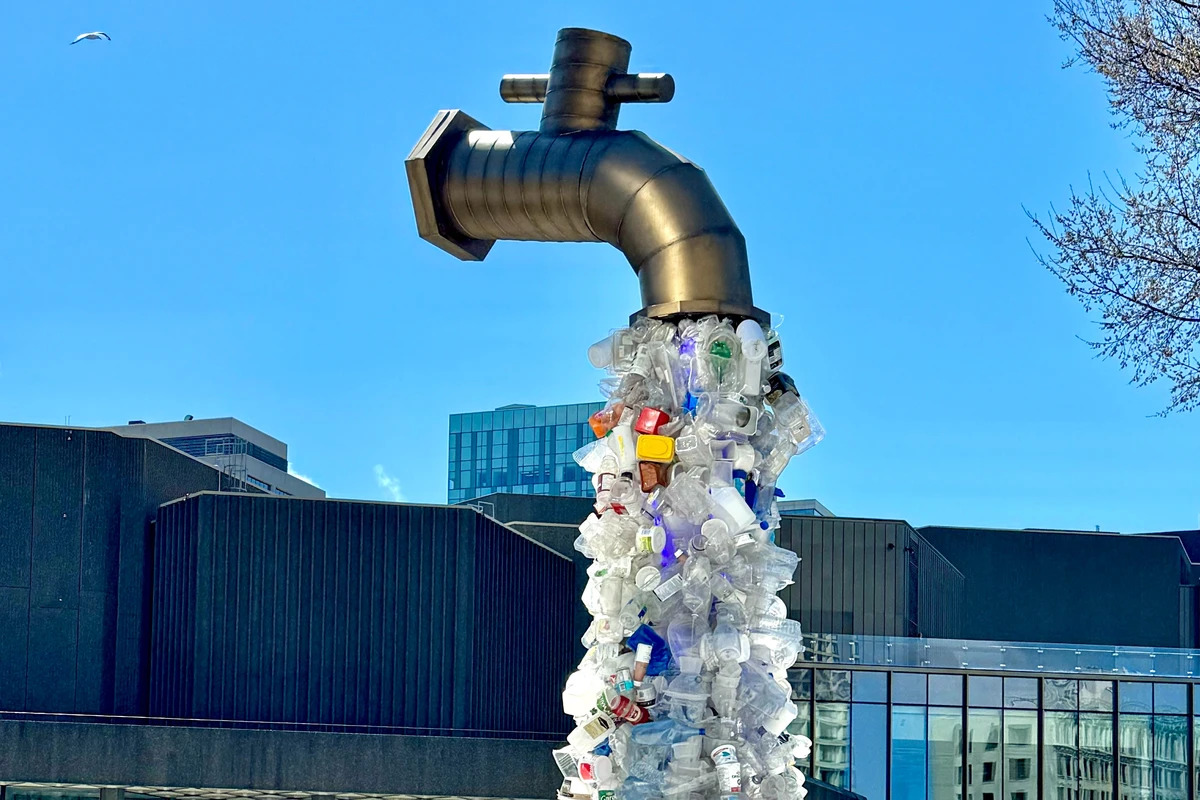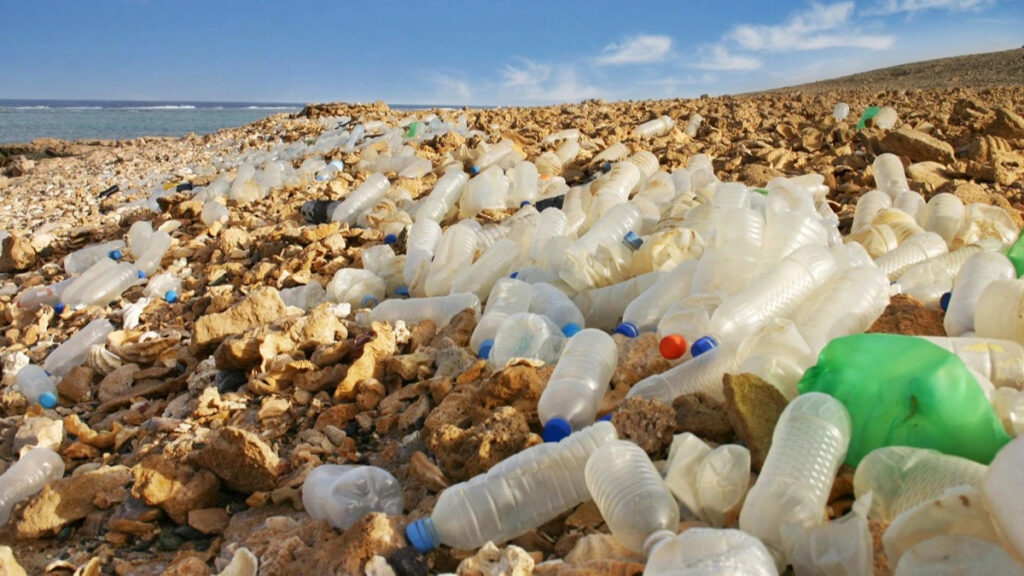A week-long negotiation with representatives from 192 nations to “end plastic pollution” ended without a resolution, despite an extended meeting that continued late into the night on the final day. The meeting in Ottawa marked the fourth round of negotiations since nations decided in 2022 to create a schedule for ending the use of plastics and stopping their manufacturing.
For this reason, government representatives formed the Intergovernmental Negotiating Committee (INC). Although the majority of nations concurred that action must be taken to combat plastic pollution, they could not agree on how to set production restrictions.Byproducts of petroleum are plastics. Production limitations were opposed by nations with developed petrochemical industries and industry associations, and as of right now, their position has triumphed.

Source: Common Dreams
They advocated for the draft pact to concentrate on waste management and plastic recycling. Plastics manufacturing and distribution is a booming business in many wealthy and industrialised nations. Numerous types of plastic have a wide range of applications, and there are no reasonably priced alternatives.
These constituted the principal causes of the impasse in the negotiations. The conference came to the conclusion that more thorough analyses of emissions, production, waste management, and other variables are required.India argued that production cuts were outside the purview of resolutions passed by the United Nations Environment Assembly (UNEA) and so opposed curbs on the production of main plastic polymers.
In the treaty’s conclusion, India also demanded an open and fact-based decision-making process. Plastics are known to be highly harmful to the environment and general public’s health because they do not biodegrade. Greenhouse gas emissions from the plastics production process themselves contribute to global warming.
Up until now, there hasn’t been much progress made in trying to recycle and use less plastic. Only 10% of the plastic garbage that has been collected worldwide is thought to have been recycled yet. Additionally, production is rising annually. Thus, an early agreement that will regulate the production of plastics is required. The UN Environment Programme’s (UNEP) director, Inger Andersen, stated that some progress was made at the Ottawa conference and that a deal in Busan, South Korea, where the next summit will take place later this year, is within reach. However, she also issued a warning, pointing out that there aren’t many months left to fulfil the 2022 deadline for drafting a treaty.
What do you think about this? Comment below.

